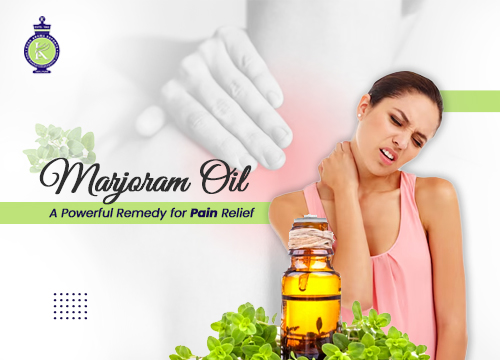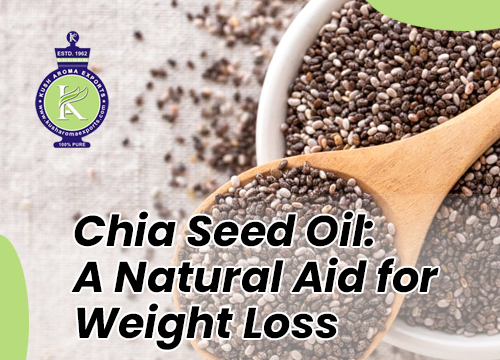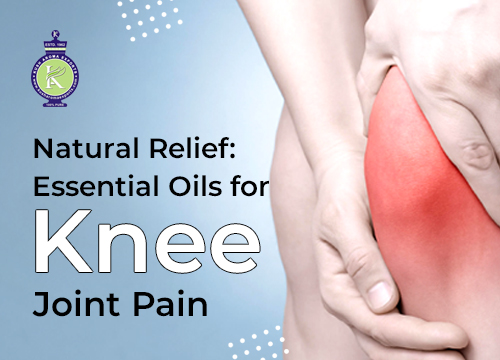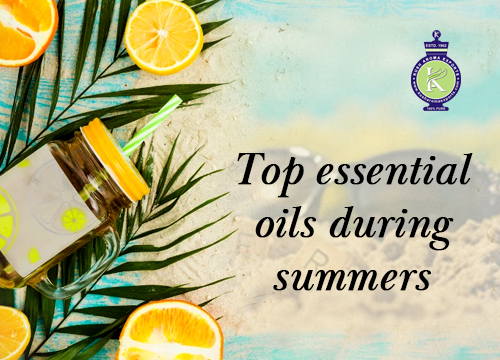Lemon essential oil is a versatile and powerful oil extracted from the peel of fresh lemons through a cold-pressing process. Known for its refreshing, uplifting scent and numerous health benefits, it’s a must-have in every household. From cleaning solutions to skincare and boosting mental clarity, lemon essential oil offers a wide range of uses. In this blog, we’ll explore five effective ways to use lemon essential oil for wellness, along with safety tips to maximize its benefits. Kush Aroma Exports is the Best lemon essential oil manufacturer which gives you health benefits to enhance your life. It also provides vast variety of pure essential oil around the world.
Enhancing Your Skincare Routine
Lemon essential oil is a potent ingredient for skin care due to its antibacterial, anti-inflammatory, and brightening properties. It can help treat acne, reduce blemishes, and promote a clearer complexion. However, since it’s highly concentrated, it’s essential to dilute it with a carrier oil like jojoba or coconut oil before applying it to the skin.
How to Use:
For Acne: Mix 2-3 drops of lemon essential oil with 1 tablespoon of aloe vera gel and apply it to affected areas.
For Blemishes: Combine 1-2 drops with a teaspoon of rosehip oil and massage gently into the skin. Use this at night to fade dark spots and improve skin tone.
Note: Always conduct a patch test before applying lemon essential oil to the skin. Avoid exposure to direct sunlight after application, as it may cause photosensitivity.
Boosting Your Mood and Energy Levels
The refreshing and citrusy aroma of lemon essential oil is known to lift your spirits and enhance focus. Its energizing scent can help reduce feelings of stress, anxiety, and mental fatigue. Lemon oil stimulates serotonin and dopamine release, which can help improve mood and cognitive function.
How to Use:
In a Diffuser: Add 3-4 drops of lemon essential oil to your diffuser and let it fill your room with an invigorating scent that promotes clarity and alertness.
For Morning Motivation: Mix 2 drops of lemon oil with a drop of peppermint oil and diffuse it in your workspace or living area to kickstart your day with energy.
Natural Cleaning Solution
Lemon essential oil is a powerful natural cleaner. Its antibacterial and antiseptic properties make it a great choice for cleaning surfaces, removing grease, and freshening up your home. Plus, it leaves a clean, pleasant citrus scent behind.
How to Use:
All-Purpose Cleaner: Combine 10 drops of lemon essential oil with 1 cup of water and ½ cup of white vinegar in a spray bottle. Use this solution to wipe down kitchen counters, sinks, and bathroom surfaces.
For Stain Removal: Mix 5-6 drops of lemon oil with baking soda to form a paste. Apply the mixture to stains on countertops or appliances, leave it for a few minutes, then scrub and rinse.
Promoting Healthy Digestion
Lemon essential oil can be used to support healthy digestion when applied topically or diffused. It aids in detoxification, helps alleviate nausea, and stimulates the digestive system by increasing the production of gastric juices.
How to Use:
For Digestive Relief: Mix 2-3 drops of lemon essential oil with a carrier oil (such as coconut or olive oil) and massage it onto your abdomen in a clockwise motion to stimulate digestion and reduce bloating.
Inhaling for Nausea: If you’re feeling queasy, add a drop or two of lemon oil to a tissue and inhale the scent deeply to help alleviate symptoms of nausea.
Strengthening Immunity
Lemon essential oil is rich in antioxidants and has antiviral, antibacterial, and antifungal properties, making it a great addition to your wellness routine to boost immunity. When diffused or used in a steam inhalation, it can help clear up respiratory issues and promote better overall health.
How to Use:
Immunity Boost Blend: In a diffuser, add 3 drops of lemon essential oil, 2 drops of eucalyptus oil, and 2 drops of tea tree oil. This blend helps purify the air and may protect against airborne pathogens.
For Respiratory Support: Boil water and add 2-3 drops of lemon oil. Inhale the steam to help relieve congestion and support the immune system during cold and flu season.

Safety Tips for Using Lemon Essential Oil
While lemon essential oil has numerous benefits, there are some precautions you should take to ensure its safe use:
Dilute Properly: Always dilute lemon essential oil with a carrier oil before applying it to your skin to avoid irritation.
Avoid Sun Exposure: Lemon oil can make your skin sensitive to sunlight (phototoxicity). If you’ve applied it topically, avoid direct sunlight for at least 12 hours.
Keep Out of Reach of Children: Essential oils are highly concentrated and should be used carefully, especially around children and pets.
Internal Use Caution: While some essential oils can be ingested in small amounts, it’s important to consult a healthcare provider before doing so with lemon oil.
Final Thoughts
Lemon essential oil is a versatile and effective solution for various health, wellness, and household needs. Whether you’re looking to enhance your skincare, boost your mood, or clean your home naturally, lemon essential oil offers a range of benefits. With proper use and safety precautions, it can become a valuable part of your daily routine. Consider incorporating these five simple methods into your lifestyle to experience the refreshing power of lemon essential oil.
By following these guidelines, you can harness the benefits of this vibrant essential oil for a healthier, cleaner, and more energized life. If you are looking for Organic essential oil supplier in India, explore the range of Kush Aroma Exports.










